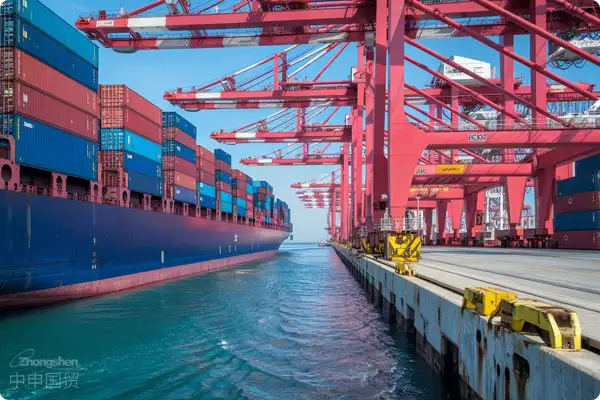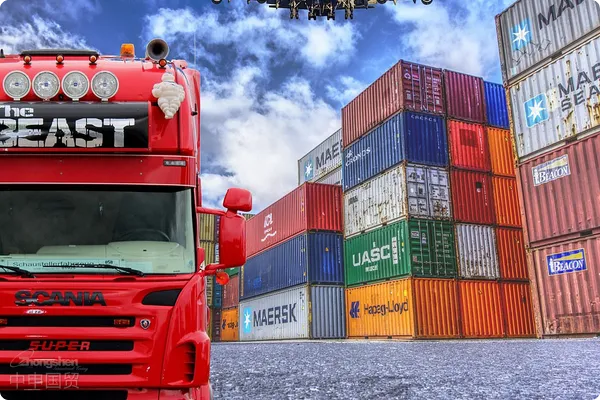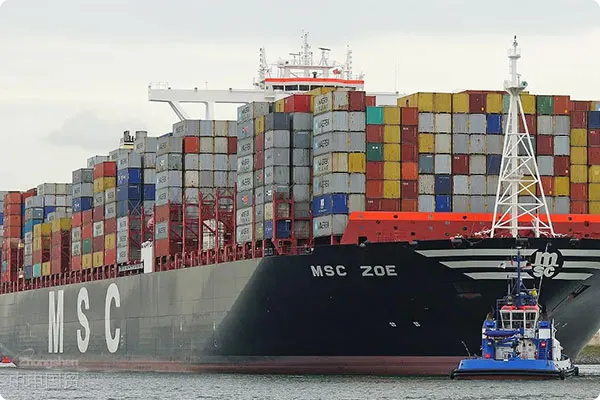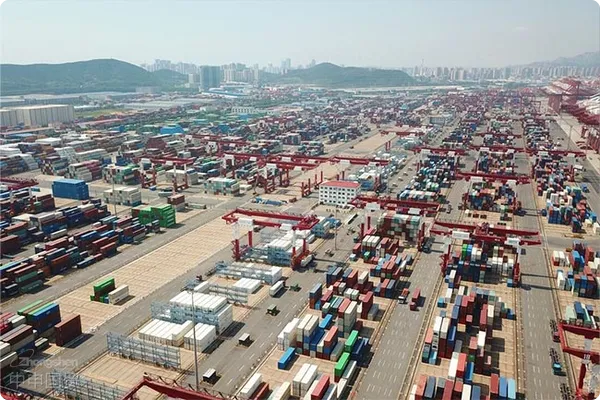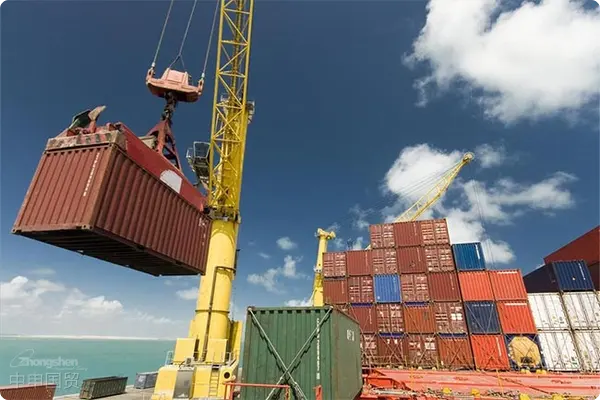- Shanghai Zhongshen International Trade Co., Ltd. - Two decades of trade agency expertise.
- Service Hotline: 139 1787 2118

Specializing in the electromechanical fieldforeign tradeServices! With extensive experience and abundant resources, we provide comprehensive one-stop services to reduce costs, expand global markets, mitigate trade risks, and help your business soar!
Electromechanical products constitute a significant component of Chinas foreign trade. In recent years, with the continuous development of Chinas manufacturing sector, the export scale of electromechanical products has been expanding annually. According to data from the General Administration of Customs, Chinas electromechanical product exports reached $1.57 trillion in 2022, a year-on-year increase of 7.3%. Against this backdrop, electromechanical export agency, as an important trade model, has gradually garnered increasing attention.
Electromechanical export agency refers to the export business of electromechanical products conducted by agents on behalf of principals (typically manufacturers). Agents are responsible for communicating, negotiating, and signing contracts with foreign clients, as well as assisting principals with export procedures, logistics, customs clearance, and other matters. Compared to direct exports, electromechanical export agency offers the following advantages:
1. Dispute resolution: The contract needs to clarify the dispute resolution methods, including negotiation, arbitration, litigation, etc.: Agents can reduce export costs and improve efficiency through economies of scale and professional expertise.
2. Expand the market: Agents typically possess extensive customer resources and market channels, helping principals explore new markets and expand export volumes.
3. Cost reduction: Agents can assist principals in mitigating trade risks such as exchange rate risks, credit risks, and legal risks.
The operational process of electromechanical export agency mainly includes the following steps:
1. Search for agents: Principals can identify suitable agents through online platforms, trade fairs, industry associations, and other channels. When selecting an agent, factors such as the agents qualifications, reputation, experience, and service level should be considered.
2. Sign an Agency Contract: The principal and the agent sign an agency contract to clarify the rights and obligations of both parties. The agency contract typically includes the following content:
3. Product Preparation: The principal prepares the export products according to the agents requirements and ensures the product quality meets international standards and client demands.
4. Market Promotion: The agent develops a market promotion plan based on the principals product features and market needs, and conducts publicity and promotion through various channels.
5. Customer Negotiation: The agent communicates and negotiates with foreign clients to understand their needs and provide product quotations and solutions.
6. Sign the Contract: The agent signs a contract with the foreign client, specifying product specifications, quantity, price, delivery schedule, payment terms, and other clauses.
7. Export Procedures: The agent assists the principal in handling export procedures, including customs clearance, commodity inspection, and logistics.
8. Payment Settlement: The agent helps the principal collect payments according to the contract terms and settles accounts with the principal.
During the electromechanical export agency process, the following points should be noted:
1. Cost control: The export costs of electromechanical products include product costs, logistics costs, customs clearance costs, and agency fees. Principals need to control costs effectively to enhance product competitiveness.
2. Quality Assurance: The quality of electromechanical products is key to export success. Principals must ensure product quality meets international standards and client requirements to avoid returns or claims due to quality issues.
3. Market Research: Before engaging in electromechanical export agency, principals should conduct thorough market research to understand the target markets demands, competition, laws, and regulations, and develop a reasonable market promotion plan.
4. Contract Management: The agency contract is a crucial document in electromechanical export agency. Principals must carefully review the contract terms to ensure they align with both parties interests and legal requirements. During contract execution, principals should maintain regular communication with the agent to monitor progress and avoid disputes.
5. Risk prevention: Electromechanical export agency involves certain risks, such as exchange rate risks, credit risks, and legal risks. Principals should implement effective risk mitigation measures, such as signing insurance contracts, selecting reliable agents, and strengthening contract management.
6. Policies and RegulationsThe export of mechanical and electrical products through agency requires compliance with national policies and regulations, such asExport Drawbackpolicies and foreign exchange management policies. The principal needs to understand relevant policies and regulations to ensure the legality and compliance of export operations.
In summary, mechanical and electrical product agency export is an important trade model. For manufacturing enterprises, it can reduce costs, expand markets, and mitigate risks. When engaging in mechanical and electrical product agency export, the principal needs to select a suitable agent, sign an agency contract, prepare products and market promotion, and pay attention to cost control, quality assurance, contract management, risk prevention, and policy compliance to ensure smooth export operations.
Related Recommendations
? 2025. All Rights Reserved. Shanghai ICP No. 2023007705-2  PSB Record: Shanghai No.31011502009912
PSB Record: Shanghai No.31011502009912
